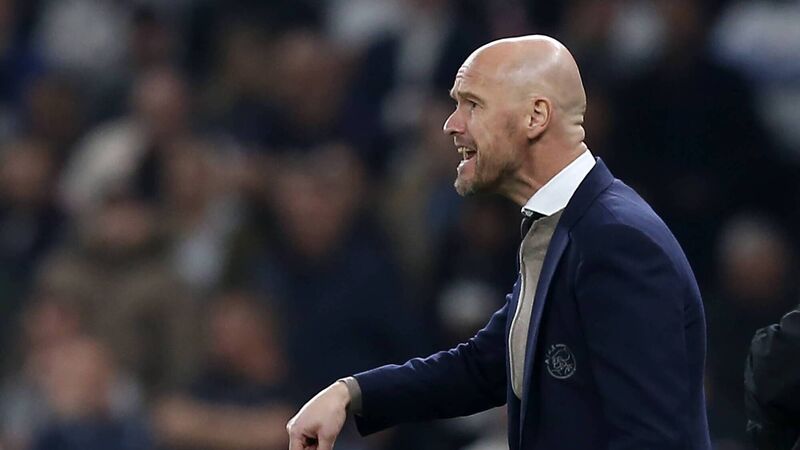Larry Ryan: Living in the past - sport's futile chase of former glory

Ajax's Dutch coach Erik Ten Hag gestures on the touchline (Photo by Ian KINGTON / IKIMAGES)
Former glory. It should really be the name of a band.
Google it and you’ll find success stories. The 1979 Volkswagen Camper discovered in a field and lovingly restored to, yes, its former glory. The crumbling Victorian mansion given fresh life. An overgrown flower garden reclaimed from wilderness.









